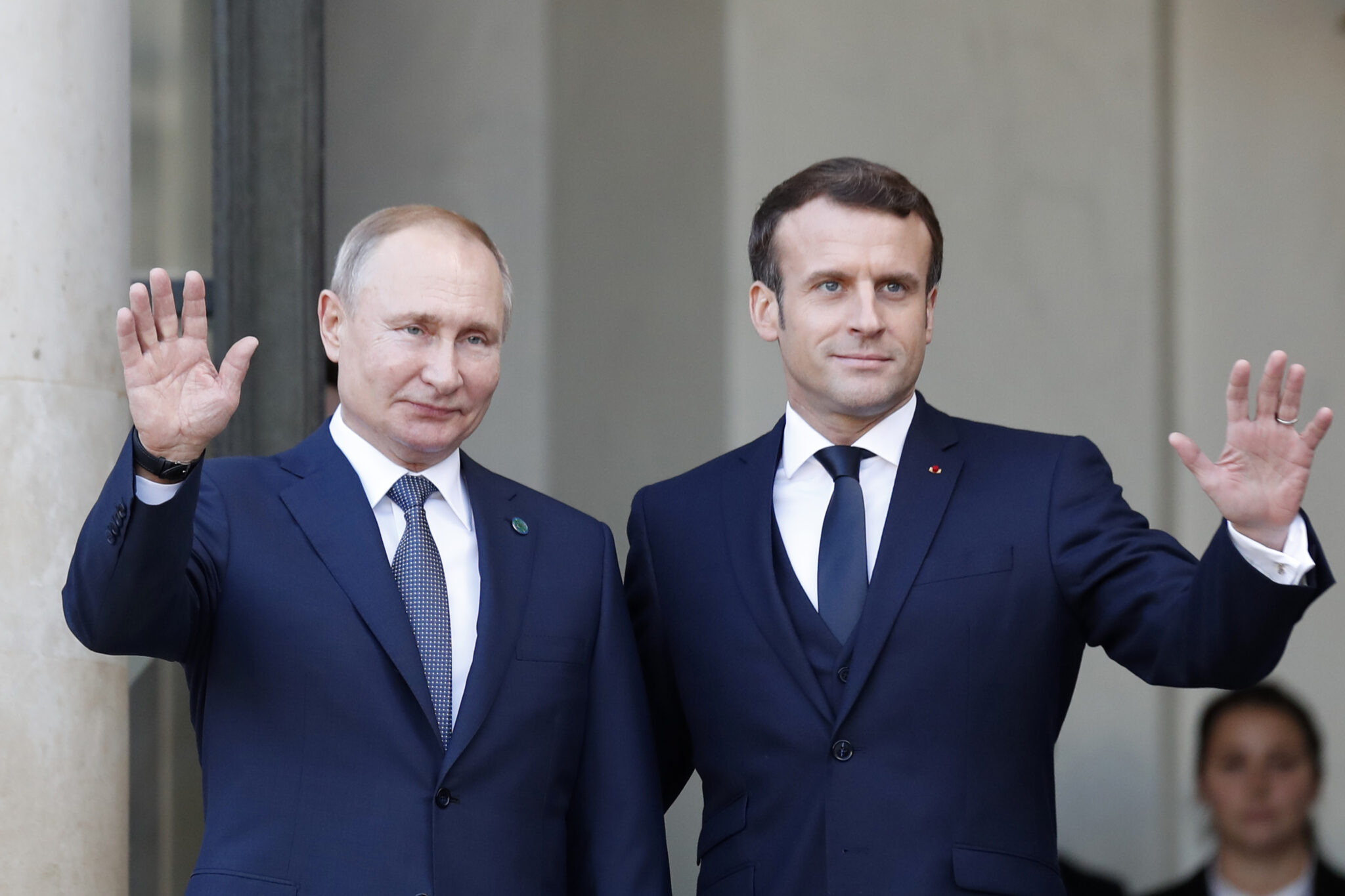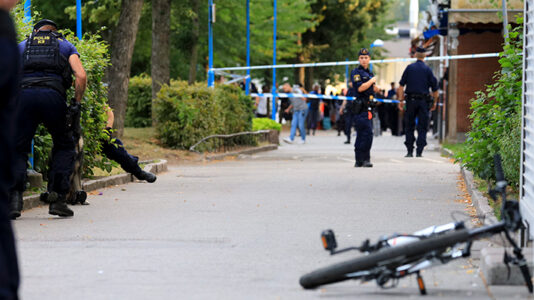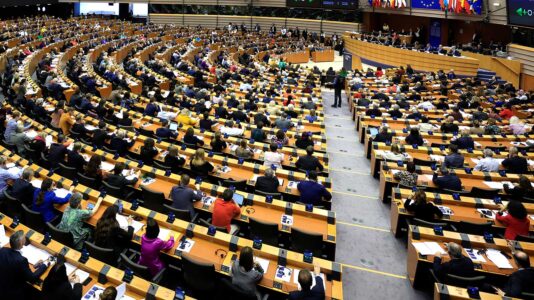At the same time that French President Emmanuel Macron is threatening to send troops to Ukraine to fight against Russia, his country is fueling the Russian war effort by purchasing €600 million worth of natural gas from Moscow in the first three months of 2024.
According to new data, France is quietly paying more and more for Russian gas, even as France uses increasingly harsh rhetoric towards Russia.
In fact, the Center for Research on Energy and Clean Air (CREA) think tank indicates that Russian liquefied natural gas shipments saw a bigger increase in France than any other EU country last year. The €600 million France paid will undoubtedly help fuel Russia’s war effort in Ukraine.
Last month, Macron said France could not rule out sending troops to Ukraine, with the announcement sparking fierce debate across Europe. Macron went so far as to call on fellow NATO allies to not be “cowards.” Many European leaders reacted harshly to Macron’s statements, including several nations stating plainly they would not send any of their own troops to participate in the conflict.
France has continuously tried to justify its gas and oil purchases from Russia by arguing that it is locked into long-term contracts with Russia that are difficult to cancel. Critics say that Macron could be doing more to reduce France’s reliance on natural gas from Russia, especially when he is claiming that France is one of Ukraine’s greatest allies.
Energy continues to be a bedrock for Russia’s revenue stream, with fossil fuels contributing up to half of its revenue streams.
Despite France and other EU countries continuing to actively purchase Russian oil and gas, as well as nuclear fuel, the EU’s efforts to reduce Europe’s dependence on Russian energy have been largely successful, with the bloc reducing its consumption by two-thirds. However, there are questions about how accurate these purported figures actually are, as Europe has, for instance, drastically increased its purchases of natural gas and oil from India. In reality, much of these energy products come from Russia, with India simply serving as a middleman and skimming extra profit off the sales.
Europe continues to spend billions on Russian liquified natural gas (LNG), and for the foreseeable future, that is unlikely to change.
France is hardly the only country purchasing Russian energy, but Macron and many of the other Western leaders using hawkish rhetoric towards Russia are perhaps the biggest hypocrites. At least nine EU countries continue to buy Russian LNG, according to shipping data. France leads these countries in terms of overall quantities of purchases in 2024, while Belgium, Spain, and the Netherlands all follow behind.
French Economy Minister Bruno Le Maire has defended Paris’ massive purchases, saying that ending France’s dependence on gas from Moscow must be “gradually implemented to avoid too brutal an impact on the market” and price increases.
Recently, claims have been circulating that some right-wing politicians accepted money from the news outlet Voice of Europe, which was reportedly funded by Russia. The news caused widespread outrage from the liberal media, while, at the same time, some of the most left-liberal countries in all of Europe continue to send billions to Russia.






